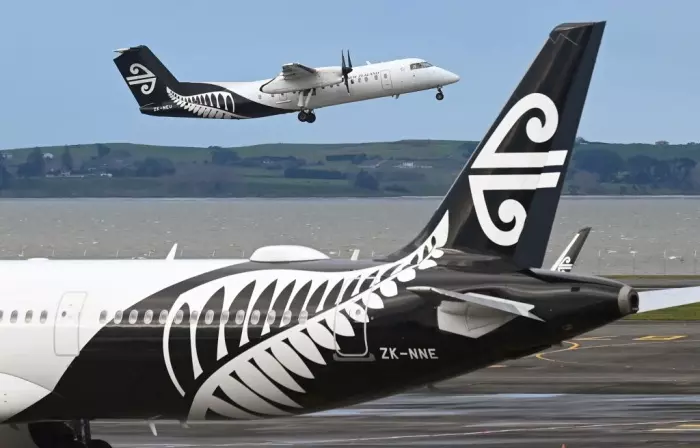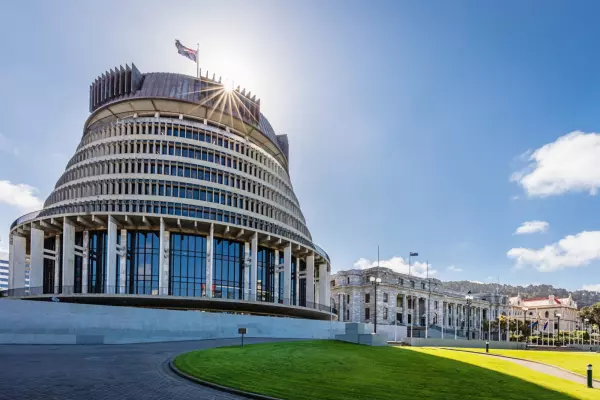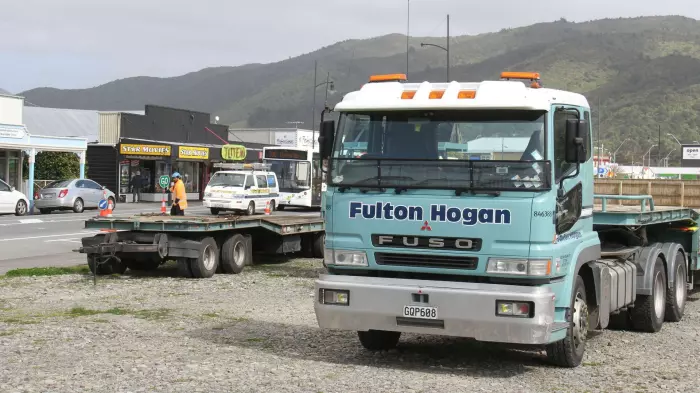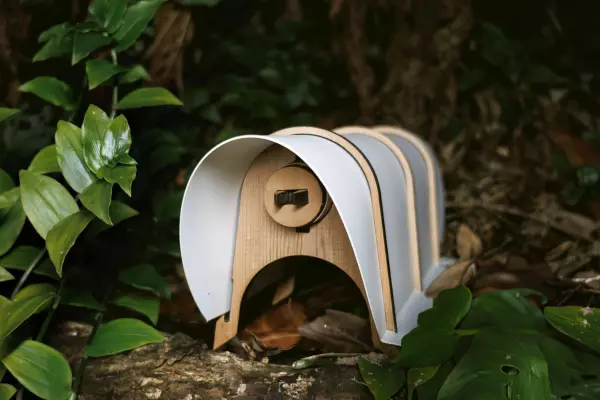Consumer New Zealand has hit out against Air NZ, claiming a message on the airline’s in-flight cups is misleading passengers to believe they’re compostable.
But the airline says the greenwashing claim is unfair.
Rebecca Styles, investigative team leader at Consumer NZ, said the messaging on the cups is an example of greenwashing because the cups say they're made from plants, not plastic.
She said: “While the cups are made from plants – with a bioplastic lining – we think the message creates an impression the cup has less impact on the planet than a standard cup.
“It’s not okay to say that a product is ‘green’ or ‘sustainable’ if it can’t live up to that claim.”
Although these cups are compostable, they won’t break down quickly if they’re thrown into landfill, she said.
Styles said there was no shortage of dubious green claims, and Air NZ was no exception.
“Our advice to businesses making green claims is to consider the impression their claims will create in people's minds.”
Air New Zealand's chief sustainability officer, Kiri Hannifin, said businesses need to be incredibly careful around any environmental claims they are making.
Being brushed more broadly with the greenwashing claim is unfair, Hannifin said.
“We acknowledge customers may have an impression when using these cups that they will be disposed of in a sustainable way, but limited composting infrastructure meant it wasn’t always possible to compost across NZ.”
The Air NZ cup can be composted in commercial facilities, but NZ has a limited number of these.
Hannifin said the airline took a step in the right direction when it introduced the cups four years ago and continues to monitor new product innovations.
She believed the cups were better than other single-use options, while still meeting the airline's inflight operational requirements.
“Becoming a more sustainable airline across the board is a priority for Air NZ."
She said the airline is committed to reviewing its waste management strategy and will have a team working on this later this year, a project that includes the cups, Hannifin said.
“Sustainability is a key pillar in our strategy at Air NZ.”
Hannifin said the airline had a more extensive plan to decarbonise Air NZ, such as working towards a science-based target to reduce its emissions.
Nearly two years ago, the carrier partnered with the government to explore sustainable fuel options. Earlier this year, it was looking at zero-emissions aircraft technology to introduce green hydrogen and battery hybrid aircraft on regional flights.
“We’re proud of what we have done to date and look forward to continuing our work in becoming a more sustainable airline into the future.”















